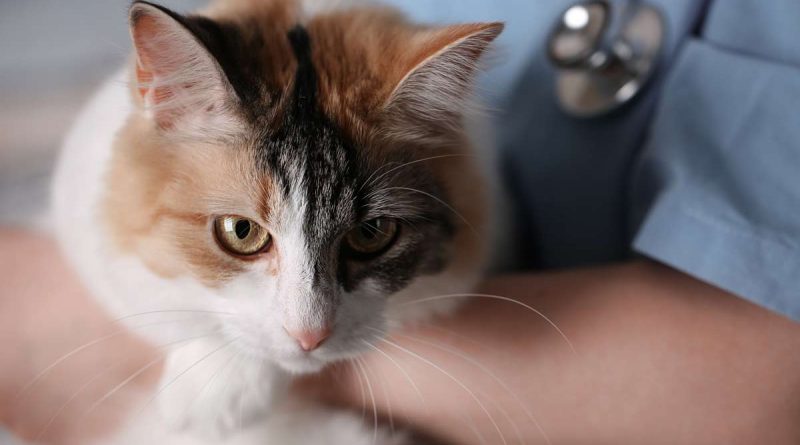Common Meds Pose a Serious Threat to Cats
Whether the drug spills or a well-intentioned toddler feeds his meds to your pet, cats can ingest medications that are extremely dangerous. According to Consumer Reports, here are some common medications that are dangerous to your pets.
ADHD drugs, antidepressants and heart medications top the list of poisoning incidents by medications reported to the ASPCA in 2016. Tina Wisner, D.V.M, medical director of the American Society for the Prevention of Cruelty to Animals Animal Poison Control Center, says this is likely because these medications are commonplace in most households. She emphasizes the need to monitor children who are taking medication closely. Sometimes parents will mix medication in the food of a small child and the child doesn’t eat all of it. This puts the animal at risk because — well, you know — most animals can’t resist the temptation of an abandoned plate.
Thyroid mediations and over-the-counter drugs such as acetaminophen, ibuprofen and naproxen also rank highly for frequent poisonings.
Some veterinary medications come in tasty flavors which are quite tempting to pets and are another common poison threat when not taken as directed. Make sure you store these medications safely and securely.
What can you do?
1. Open pill bottles and take meds over the sink.
2. Store pills safely where you know your pet can’t get to them.
3. Closely monitor children when they are taking medication.
4. Always ask for unflavored medications from your vet.
If you think your pet has been poisoned, take the food or chemical away and immediately call your vet. If you can’t get through, try the ASPCA Animal Poison Control Center (888-426-4435). (The ASPCA might charge a $65 consultation fee.)
Source: Consumer Reports, “Protect Your Cat or Dog From These Common Pet Poisons” by Julia Calderone



